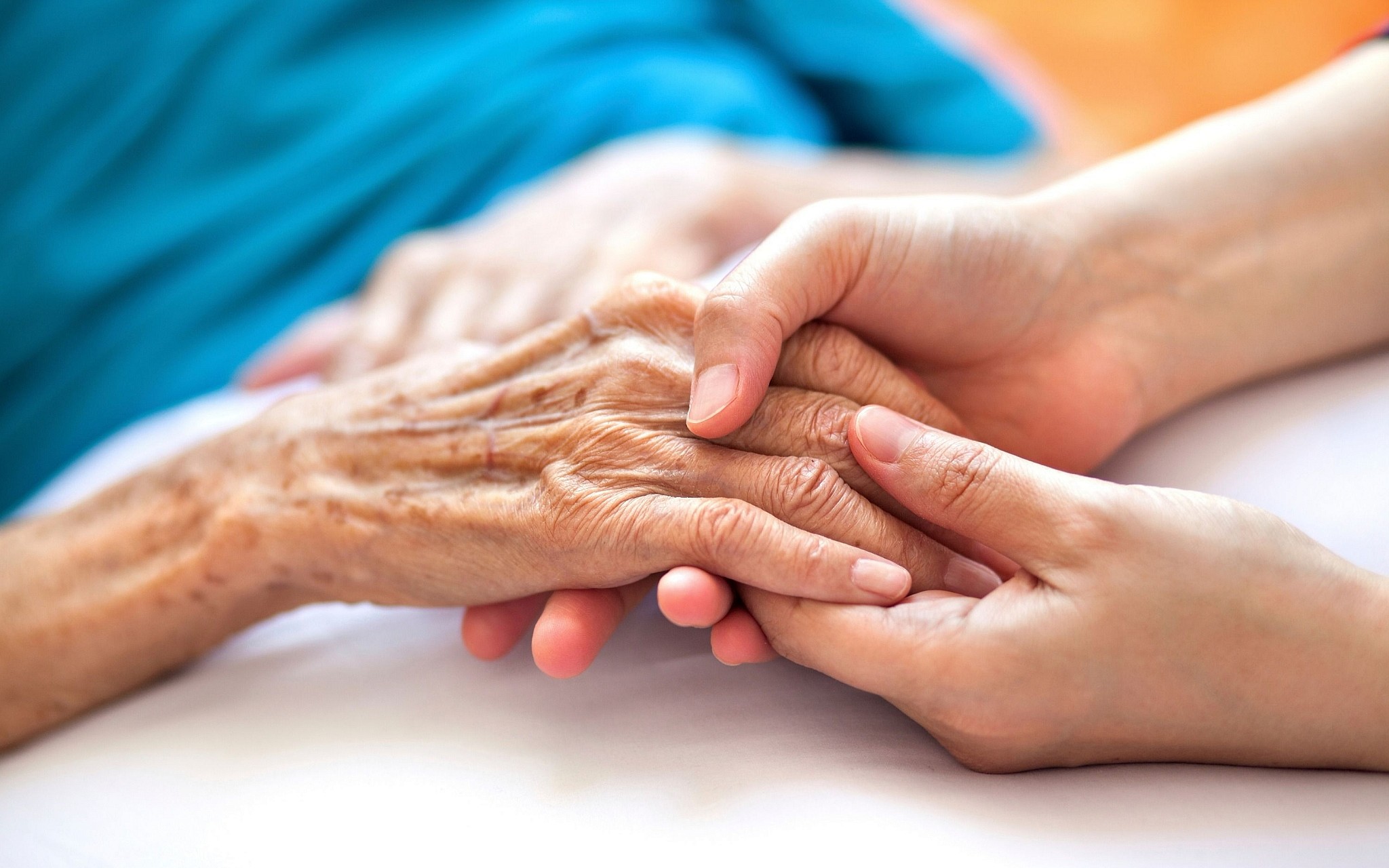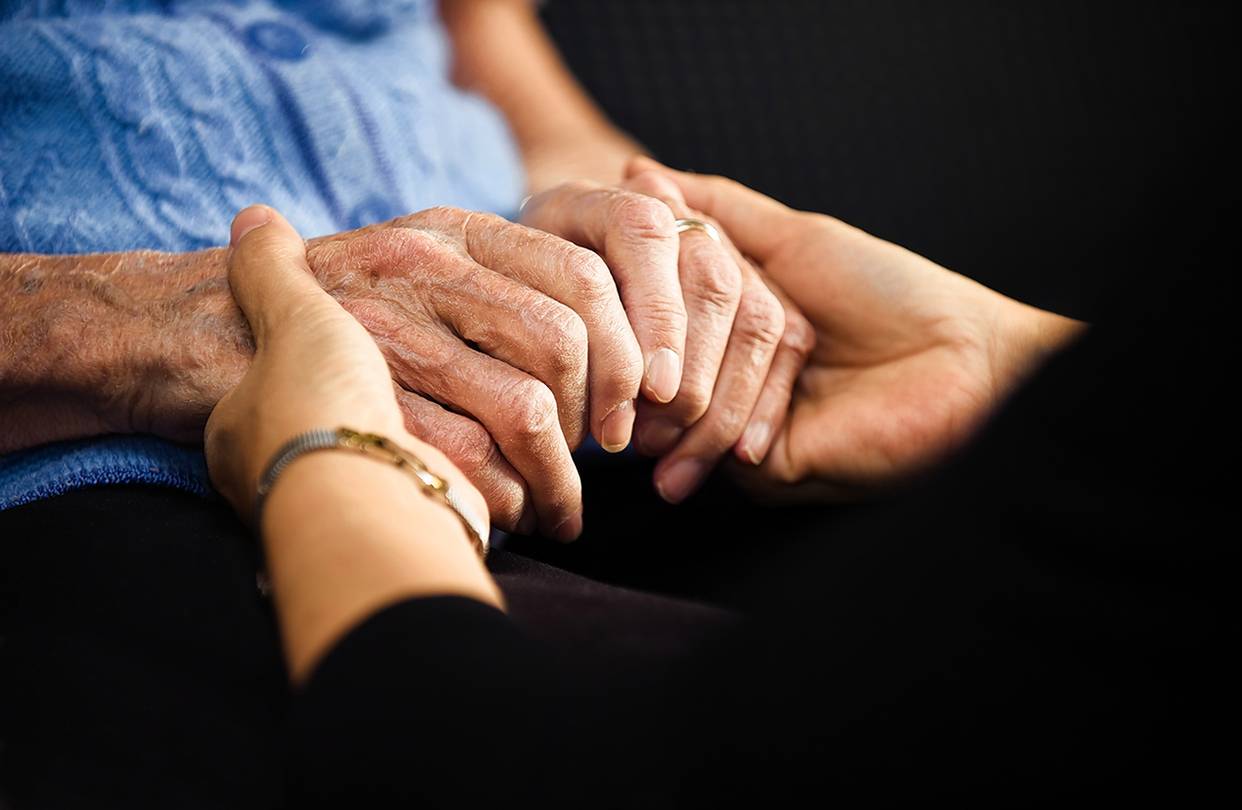- Understanding End-of-Life Care
- Why Choose Home for End-of-Life Care?
- Steps to Create Comfort and Dignity at Home
- The Role of Professional Support
- Fostering Dignity During the Final Days
- Common Challenges and Solutions
- Looking Beyond the Final Days
- Conclusion
End-of-life care is a profound and emotional journey that many families face. The goal is to create an environment where comfort, dignity, and love take precedence. Caring for a loved one at home during their final days provides an opportunity for a meaningful and peaceful experience. However, it requires careful preparation and compassionate support.
This guide explores practical steps, emotional insights, and valuable resources to help families navigate the complexities of end-of-life care at home.

Navigating End-of-Life Care
Understanding End-of-Life Care
End-of-life care focuses on providing physical, emotional, and spiritual support during the final weeks or months of life.
Key aspects include:
- Pain Management: Ensuring physical comfort through appropriate medical interventions.
- Emotional and Spiritual Well-Being: Addressing the psychological and existential needs of the individual and their family.
- Quality of Life: Prioritizing meaningful experiences and connections over aggressive medical treatments.
The Importance of Choosing a Home for End-of-Life Care
Caring for a loved one at home is a deeply personal decision with several advantages:
- Familiar Surroundings: A home environment provides emotional comfort and reduces anxiety.
- Personalized Care: Families can tailor routines, meals, and activities to suit the individual’s preferences.
- Connection with Loved Ones: Home care fosters intimacy and ensures the presence of family during crucial moments.
Steps to Create Comfort and Dignity at Home
1. Preparing the Home Environment
Creating a peaceful and functional space is essential for the individual and their caregivers.
- Comfortable Bed Setup: Use a hospital bed or adjustable mattress for ease and comfort.
- Decluttered Space: Keep the area free of obstacles to facilitate movement and ensure safety.
- Soothing Ambiance: Add soft lighting, calming scents, and cherished personal items to create a tranquil atmosphere.
2. Managing Physical Comfort
Pain and discomfort can be effectively managed with proper planning and professional support.
- Pain Relief: Work with healthcare professionals to provide appropriate medications and therapies.
- Nutrition and Hydration: Offer small, easily digestible meals and ensure hydration, even in reduced quantities.
- Hygiene and Skin Care: Maintain dignity with regular bathing, clean linens, and the use of moisturizers.
3. Addressing Emotional and Psychological Needs
End-of-life care extends beyond physical well-being to emotional and mental health.
- Active Listening: Be present to hear the individual’s thoughts, fears, and desires.
- Validation of Emotions: Acknowledge their feelings without judgment.
- Legacy Activities: Encourage them to share stories, write letters, or create keepsakes for loved ones.
4. Ensuring Spiritual Support
Spirituality can provide solace during the end-of-life journey.
- Faith-Based Practices: Facilitate visits from religious leaders or spiritual advisors.
- Meditative Practices: Encourage meditation, prayer, or reflective journaling.
- Meaningful Rituals: Incorporate rituals such as lighting candles or playing sacred music.
5. Empowering Family Caregivers
Caregivers play a pivotal role and need resources to navigate this challenging time.
- Education and Training: Learn proper caregiving techniques, including safe patient transfers and medication administration.
- Emotional Support: Seek counseling or join caregiver support groups.
- Respite Care: Utilize respite services to ensure caregivers have time to rest and recharge.
The Role of Professional Support
Even with the best intentions, families may need professional assistance to provide optimal care.
- Hospice Services: Hospice professionals offer pain management, emotional counseling, and bereavement support.
- Palliative Care Teams: Specialized medical teams focus on symptom relief and improving quality of life.
- Home Care Agencies: Skilled caregivers can assist with daily tasks, medical needs, and companionship.
Fostering Dignity During the Final Days
Dignity in end-of-life care means honoring the individual’s preferences and autonomy.
- Respecting Wishes: Follow advance directives and involve the individual in care decisions whenever possible.
- Promoting Independence: Encourage them to perform manageable tasks to maintain a sense of control.
- Celebrating Their Life: Reflect on their achievements, express gratitude, and celebrate their legacy.

Doctors Approach to End-of-Life Conversations
Common Challenges and How to Overcome Them
1. Emotional Toll on Families
Watching a loved one approach the end of life is emotionally taxing.
- Solution: Seek counseling and lean on your support network for strength.
2. Managing Conflicting Opinions
Families may disagree on care decisions.
- Solution: Foster open communication and involve neutral mediators, such as social workers or spiritual advisors.
3. Balancing Caregiving with Other Responsibilities
Caregivers often struggle to balance work, family, and personal needs.
- Solution: Plan schedules collaboratively and seek external caregiving help when needed.
Looking Beyond the Final Days
End-of-life care prepares families for the journey ahead. Grieving is natural and necessary, and families should prioritize healing and remembrance.
- Bereavement Support: Many hospice organizations offer counseling and support groups post-loss.
- Celebration of Life: Holding a memorial or sharing stories helps preserve the individual’s memory.
Conclusion
Providing end-of-life care at home is a profound way to honor a loved one’s life and dignity. While the journey is challenging, it offers opportunities for connection, reflection, and love. By focusing on comfort, dignity, and meaningful moments, families can transform a difficult time into one filled with grace and peace.
At Previce Care, we are committed to supporting you through every step of this journey. Contact us today to learn how our compassionate and personalized home care services can help your loved one navigate their final days with dignity and comfort.
Related articles:
- Dementia and Alzheimer’s Care: 7 Ways to Support Seniors at Home
- 10 Essential Tips for Caring for Aging Parents at Home: Caregiving 101




